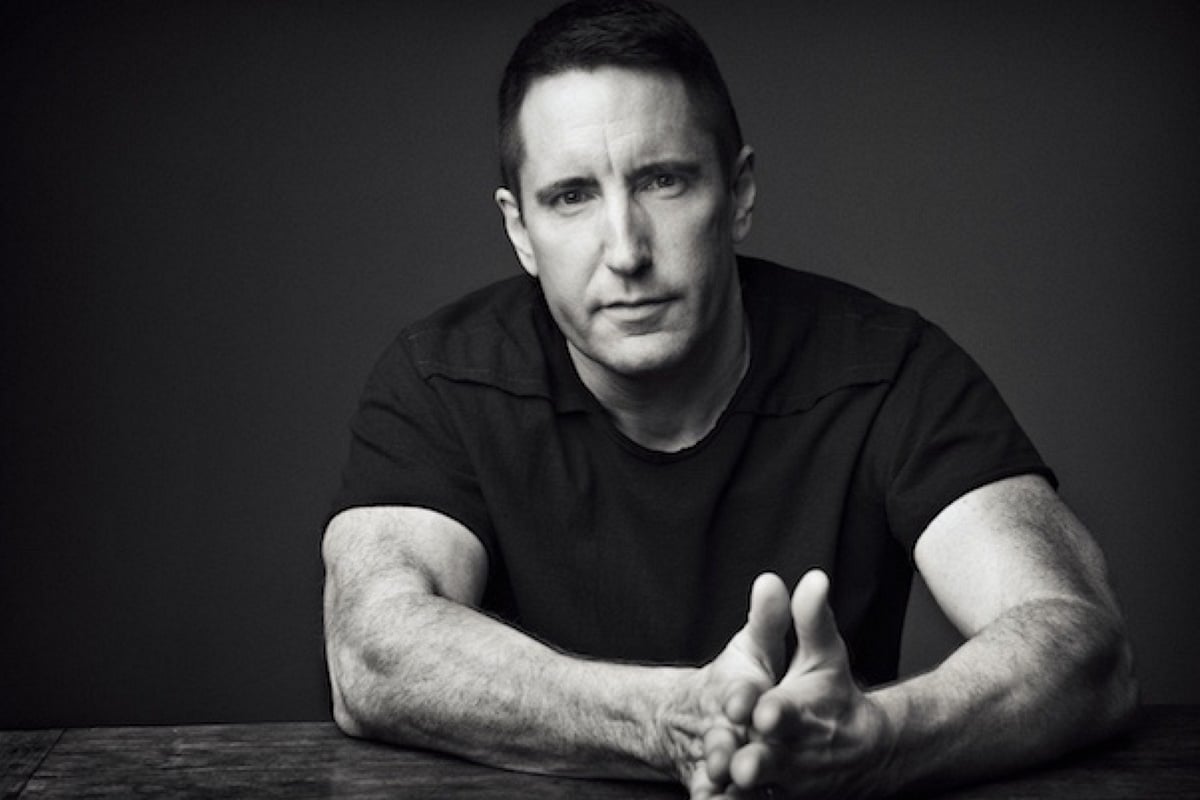YouTube responds to criticism from Trent Reznor and Sixx:AM

Image: Trent Reznor
“The voices of the artists are being heard […],” reads a response from YouTube to the latest criticisms handed down by Trent Reznor and Nikki Sixx’s band Sixx:AM.
The Nine Inch Nails frontman / Apple Music ChiefCreativeOfficer and the Mötley Crüebassist joined the chorus of artists and industry figures unhappy with YouTube’s payment model and its abuse of the ‘value gap’.
Speaking at Apple’s Worldwide Developers’ Conference this week (June 13), Reznor told Billboard he thought YouTube’s business model was “very disingenuous”. “It is built on the backs of free, stolen content and that’s how they got that big. I think any free-tiered service is not fair,” he said.
In its response to Reznor’s opinion, YouTube cited its oft-used royalty figure, reminding Billboardit has to date payed out “over $3 billion to the music industry — and that number is growing year on year.”
“The overwhelming majority of labels and publishers have licensing agreements in place with YouTube to leave fan videos up on the platform and earn revenue from them,” YouTube said in a statement. “Today the revenue from fan uploaded content accounts for roughly 50 percent of the music industry’s YouTube revenue. Any assertion that this content is largely unlicensed is false.”
YouTube’s contribution to the music industry hasn’t placated many of music’s content creators however. Nikki Sixx’s Sixx:AM sent an open letterto Google co-founder (and Alphabet CEO) Larry Page last Friday.
“YouTube claims to have paid$3 billionto the music industry to date,” the band’s letter reads. “Spotify contributed$1 billion alone in 2015 according to the IFPI and while Spotify pays$18per user per year, YouTube pays less than$1.
“[…] Without changes, young musicians will no longer be able to make music for a living and the next generation of fans will be robbed of great artists. Dreams of breaking into the music industry will effectively be unattainable.”
Sixx:AM joins many artists who believe the fact YouTube is protected by the 1998 Digital Millennium Copyright Act (DMCA) is unfair. Referred to at the ‘value gap’, it means YouTube is not held liable as a result of unlicensedcontent that its users might upload.
“This disproportionately affects independent and new artists who have their copyrights illegally exploited for free and cannot make a living from the music they create,” the letter reads.
In a statement sent to Music Business Worldwide, YouTube has responded:
“The voices of the artists are being heard, and we’re working through details with the labels and independent music organizations who directly manage the deals with us,” it reads. “Having said that, YouTube has paid out over $3 billion to the music industry, despite being a platform that caters to largely light music listeners who spend an average of one hour per month consuming music — far less than an average Spotify or Apple Music user. Any comparisons of revenue from these platforms are apples and oranges.”
“We are glad to hear that YouTube is listening,” Sixx:AM wrote in response to YouTube’s statement. “But actions speak louder than words.”






























